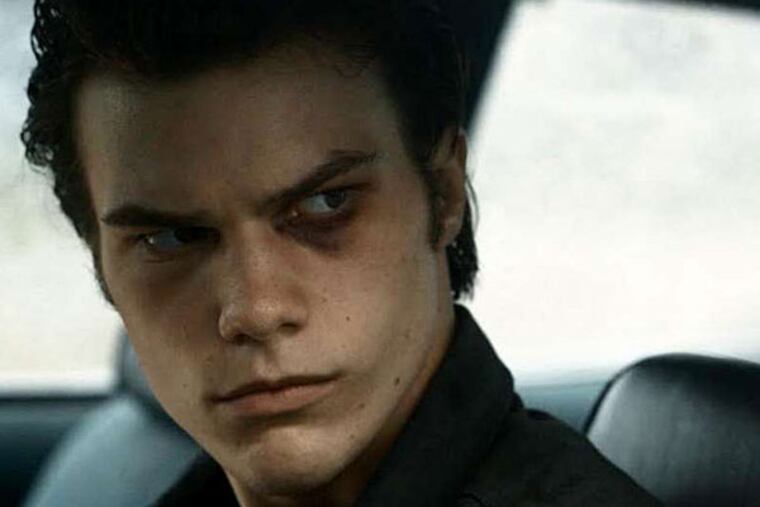Disturbing viewpoint of a killer
Despite an apparent epidemic of school shootings that has plagued the country since the Columbine High School massacre in 1999, we seem no closer to understanding the psychological mechanisms that drive some bullied teenagers to act out with deadly violence.

Despite an apparent epidemic of school shootings that has plagued the country since the Columbine High School massacre in 1999, we seem no closer to understanding the psychological mechanisms that drive some bullied teenagers to act out with deadly violence.
The media storm these gruesome events generated often has sensationalized rather than elucidated them. The same is true of many of the films on the topic - with the notable exception of Gus Van Sant's startling fictional 2003 film, Elephant, about two teens who go on a rampage at their school.
Van Sant wisely stayed away from offering definitive answers or venturing to explain what drove the kids to kill.
The far-less-experienced, if genuinely talented, writer-director Tim McCann (Runaway, The Poker Club) revisits the topic with the microbudget thriller White Rabbit, a deeply disturbing, intimate, and not unsuccessful look at 10 years in the life of a young boy, Harlon, who grows up to become a Columbine-style killer.
When we meet him, Harlon is a sensitive 9-year-old (Robert Michael Szot) who'd rather play alone than make friends. His abusive father (Sam Trammell) calls him a crybaby and vows to make him a man - by forcing him to go hunting. The film's first dramatized moment of truth occurs when Harlon has to kill a gorgeous white rabbit.
Bullied and abused for years, teenage Harlon (Nick Krause in a singularly intense performance) is inarticulate, incapable of verbalizing his emotions or thoughts, and deeply isolated.
He loses his only friend (Ryan Lee) to suicide and his goth girlfriend (Britt Robertson) abandons him for a stint in rehab and a more conventional, ungoth life.
McCann does something quite clever with Harlon, whose point of view dominates the picture. The filmmaker places his camera smack against Krause's face and torso, forcing upon the viewer an almost unbearably claustrophobic feeling of intimacy with his antihero.
The film is less effective in ham-handed Donnie Darko-inspired scenes that have Harlon convinced he's getting messages from comic-book characters.
White Rabbit touches on some of the most difficult and easily abused dramatic subject matters in contemporary America. It sometimes reads as a cheap, sleazy horror film, but its heart seems to be in the right place.
White Rabbit ** (out of four stars)
Directed by Tim McCann. With Nick Krause, Sam Trammell, Ryan Lee,
Britt Robertson. Distributed by Breaking Glass Pictures.
Running time: 1 hour, 30 mins.
Parent's guide: No MPAA rating (disturbing subject matter, violence, sexuality, profanity, drugs).
Playing at: PFS Theater at the Roxy.
EndText
215-854-2736